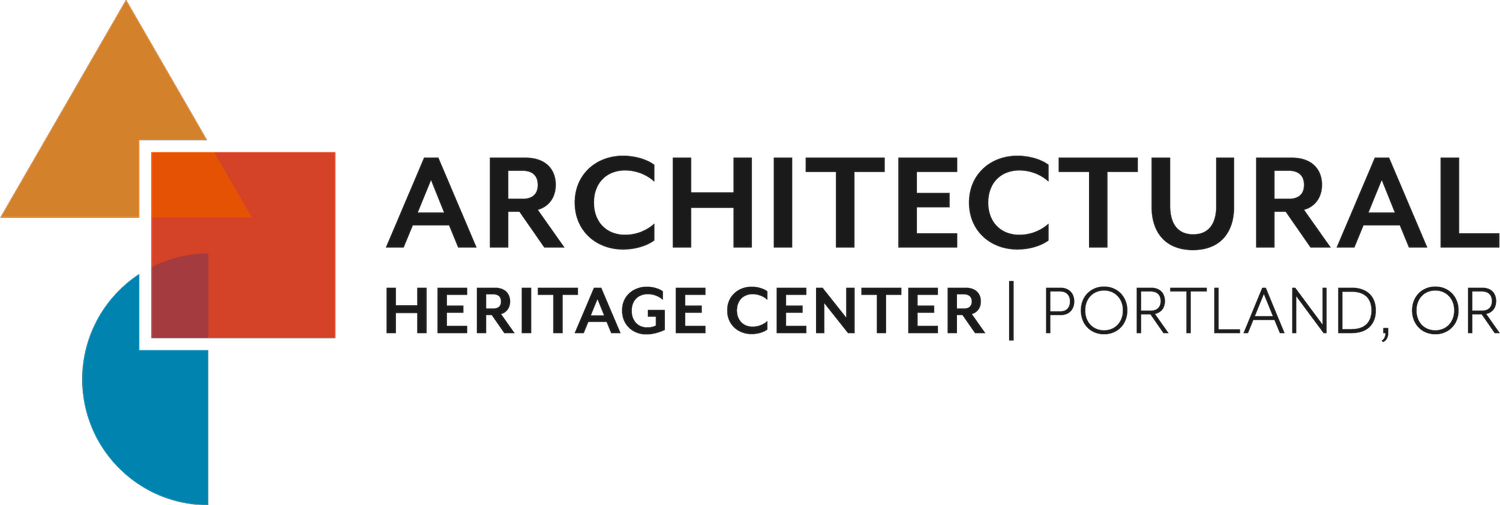DIVERSITY, EQUITY, INCLUSION, & ACCESSIBILITY
OUR COMMITMENT TO DIVERSITY, EQUITY, INCLUSION, AND ACCESSIBILITY
Acknowledging Disparities
The Bosco-Milligan Foundation believes equity and inclusion are integral components of our mission and essential to fostering thriving and sustainable communities through historic preservation education and advocacy. We have not looked at these disparities from as broad a perspective as needed, and we are now committed to taking a broader view.
Transforming Our Culture to better serve All Communities
We have a responsibility, as a Portland metro area resource for historic preservation education and advocacy, to ensure that we and our work better serve and reflect BIPOC and other marginalized and excluded communities. The Bosco-Milligan Foundation, through the Architectural Heritage Center, commits to a transformation of culture by building an anti-racist and equitable space where the voices and histories of diverse communities are recognized and included. We are committed to bringing all voices into public discourse on issues that impact the region’s historic built environment.
Applying an Equity Lens for Inside Out Transformation
We will continue to examine our own experiences and biases of race, gender, and ability. We will utilize historic preservation as a social justice tool that recognizes diverse cultural landscapes and built environments. We will actively shift decision making and resources toward historic preservation initiatives within excluded communities.
To accomplish this, we shall actively engage and build on our work with underrepresented communities. Our board, staff, and volunteers will consistently apply an equity lens in all we do. When considering our organization’s collections, programs, events, advocacy, and policies we will ask the following equity lens questions:
How does this impact each racial or other marginalized or non-dominant groups?
Does this actively diminish, maintain, ignore, or worsen racial or other equity impacts?
What barriers might this raise for each group and how can they be overcome?
What opportunities or gaps can we identify?
How will we meaningfully engage impacted communities in our analysis and decision-making processes?
LAND ACKNOWLEDGEMENT
We honor the tribes whose longhouses were in what is now Portland: the Chinook bands of Multnomah, Clackamas, and the Cascade/Watlala and the Kalapuya band of Tualatin. We also honor the nearby tribes who traded here–in the Willamette Valley: the Kalapuya, the Molalla, and the Chinook-speaking Clowwewalla/Tumwater; and many tribes along the Columbia River including: the Cowlitz, and the Chinook bands of the Wasco, Chinook, and the Kathlamet.
